Children who experience childhood rejection trauma and dysfunction often struggle to learn boundaries and behaviors that seem easy for others.
Being rejected as children by parents or caregivers can have a profound effect on adulthood, and intimate relationships. Here’s the science behind possessive behavior in relationships. How our experience with rejection and abandonment is deeply entrenched in our insecurity as adults, and what drives these feelings of jealousy and possessiveness in relationships.
But before we get into it, let’s learn more about childhood rejection issues.
What Is Childhood Rejection Trauma?
Rejection is something that every individual experiences at some point in their life. But childhood rejection trauma is different. Your childhood years may seem years ago but this trauma due to maltreatment can haunt you in your adulthood.
It can make you unsure of yourself, and the fear of rejection can infiltrate aspects of your life, making you possessive, codependent, or toxic.
Childhood rejection consequences are severe, affecting your adult relationships, intimate bonds, and even your professional life.
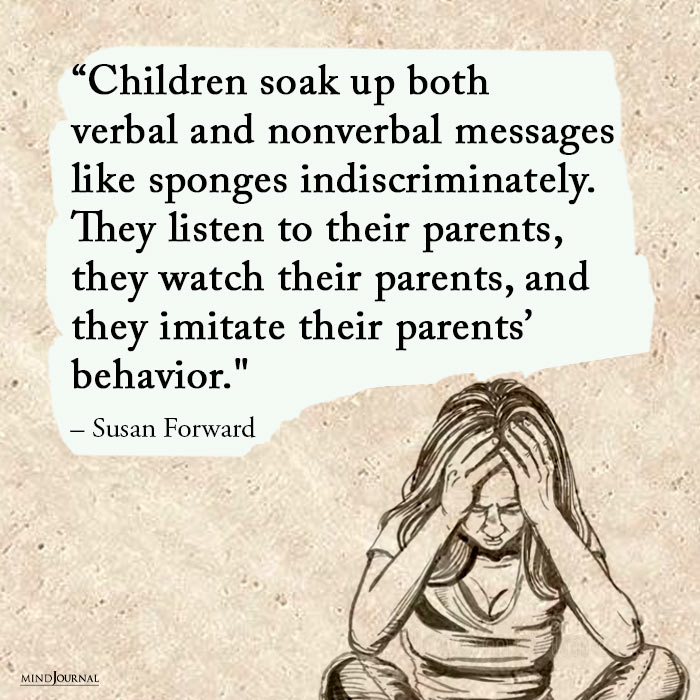
Among the many individuals, are you prone to jealous or possessive behavior in a relationship? Well, it may be related to your adverse childhood experiences. Take a look at how childhood rejection affect a person in their romantic relationships. Below are some of the signs that will help you identify.
Related: Parental Rejection: 7 Troubling Effects You Need To Heal Now
12 Signs of Possessiveness In Relationships
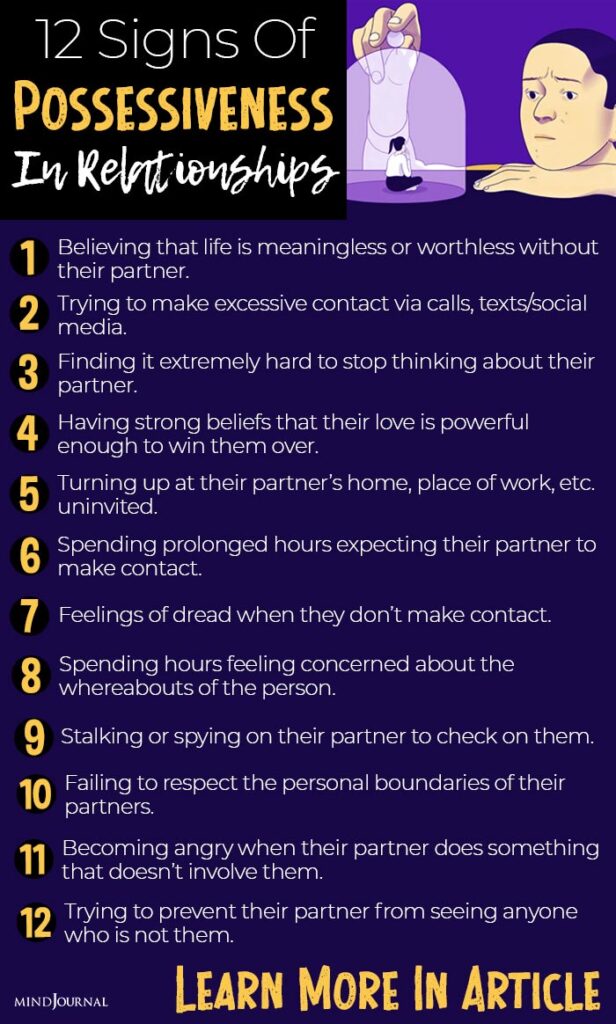
- Believing that life is meaningless or worthless without their partner
- Trying to make excessive contact via calls, texts/social media
- Finding it extremely hard to stop thinking about their partner
- Having strong beliefs that their love is powerful enough to win them over
- Turning up at their partner’s home, place of work, etc. uninvited
- Spending prolonged hours expecting their partner to make contact
- Feelings of dread when they don’t make contact
- Spending hours feeling concerned about the whereabouts of the person
- Stalking or spying on their partner to check on them
- Failing to respect the personal boundaries of their partners
- Becoming angry when their partner does something that doesn’t involve them
- Trying to prevent their partner from seeing anyone who is not them
Related: 5 Ways to Deal with a Possessive Partner
How To Tell The Difference Between Possessiveness And Love?
Being possessive in a relationship may seem like deep passion, and often we mistake it for love, but there’s a fine line between the two. While it can be hard to see the difference when the relationship is your own, we’ll help you out.
There is no one true definition of love. It’s a feeling that should be mutual, based on trust and communication. Essentially, possessiveness involves not trusting your partner or denying them space, independence, and boundaries that are necessary for maintaining a healthy relationship.
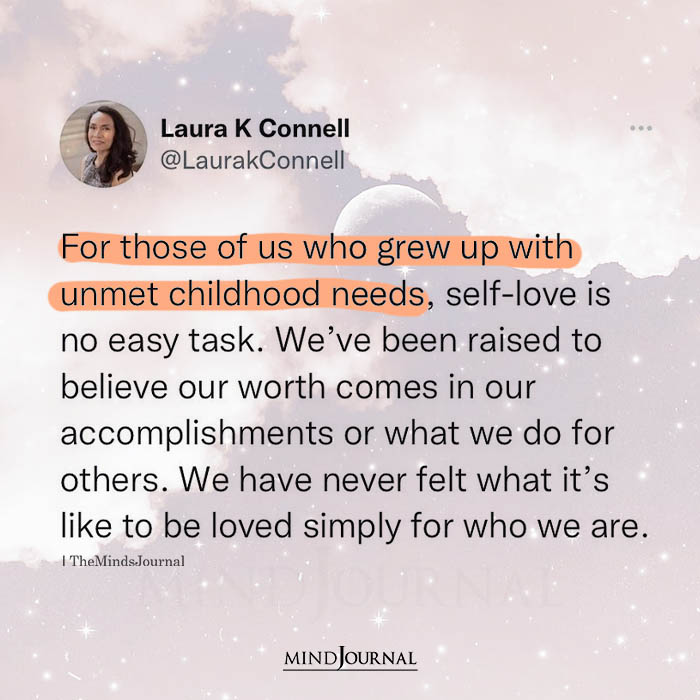
Love is wanting the best for someone and caring for them. It can be passionate, but it should also be nurturing and kind. Whereas, possession means controlling or owning something. It’s not true love when you want to own or control a person, is it?
Related: Love Starved: How Childhood Emotional Neglect Breaks You As An Adult
5 Ways That Help In Overcoming Possessiveness
Jealousy and insecurity can sabotage your relationship. The effects of childhood rejection can be severe but here are some helpful tips on how to heal from childhood rejection trauma will allow you to maintain a healthy relationship with your partner without spiraling into a possessive state.
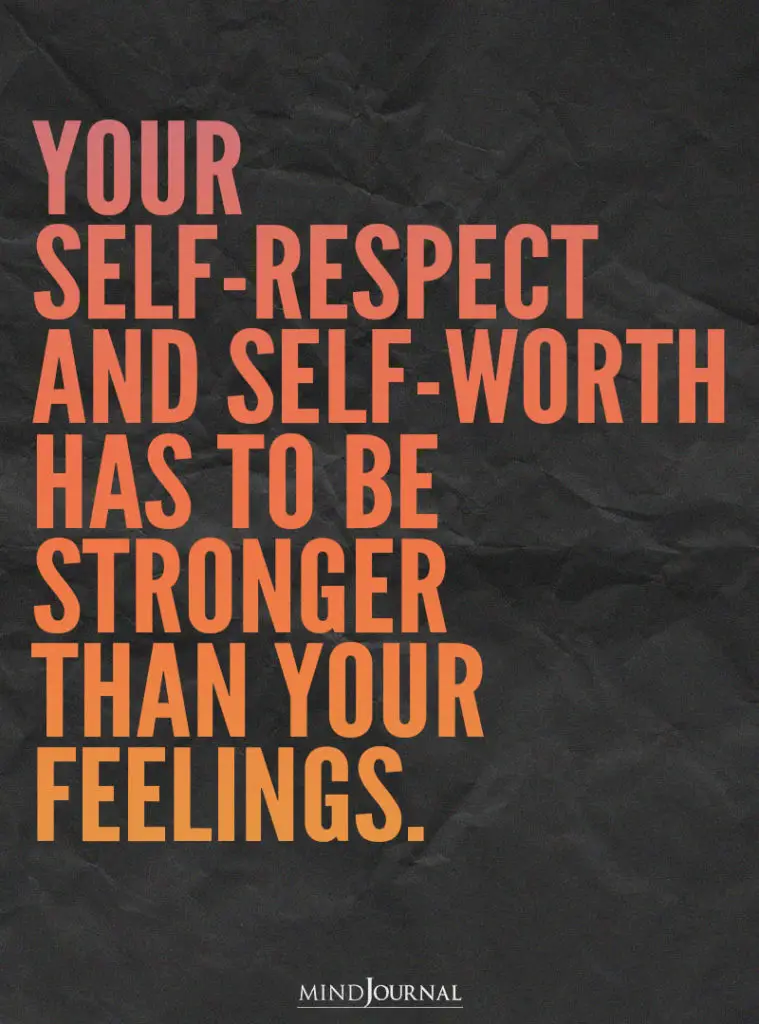
1. Discover the primary source of possessive behavior
Understand the root cause of the problem, whether you were betrayed, rejected, or abandoned by your parents or caregiving in childhood.
2. Consider seeking therapy
There are a number of therapies that will help you to connect with yourself and overcome these self-defeating behaviors.
3. Maintaining independence in relationships
It’s important to have your own life, independent of your partner. Even if you live together, try to take part in activities alone. Allow yourself and your maintain separate identities.
4. Practice being less cynical about your relationships
Try to practice trust in your relationship, despite past experiences. Understand that being ‘needy’, ‘clingy,’ or suspicious and insecure is frequently counterproductive.
5. Start working on improving yourself
Your self-worth and self-esteem are important to maintaining a healthy relationship, friendship, or career. Try to participate in activities that make you feel confident about yourself.
6. Try to resist possessive urges
Put an end to neurotically ‘spying’ on your partner when they go out. Get rid of your suspicious/paranoid mindset which curtails the freedom of your partner.
Related: Understanding Abandonment Trauma and The Road To Recovery
The take back
Our ability to love and express love as adults is substantially learned in childhood by observing our parents. Experiencing neglect or rejection makes us internalize negative attitudes and develop the belief that we are unlovable or “not enough”.
By practicing the above-mentioned tips, you will be able to overcome childhood rejection trauma and experience a love that is healthy, less dysfunctional, or possessive.
Share your thoughts in the comments below if you found this article to be helpful!
Frequently Asked Questions
Why can’t I stop thinking about my trauma?
Trauma memories are stored in our brains as fragmented pieces and they often come back as flashbacks, nightmares, or intrusive thoughts as a coping mechanism against the overwhelming emotions associated with the traumatic event. We unknowingly try to understand and process what happened to us by thinking about the event repeatedly.
What can you do for trauma triggers?
Identify and make a note of your triggers, your following thoughts and reactions, and how difficult it was to manage them. Then strategize a relaxation method that can help you cope. Learn more about trauma, open up to someone you trust, and seek professional care. Try positive distraction methods like muscle relaxation, self-care, exercise, volunteering, etc.
How do you talk to your friend about trauma?
Decide which friend(s) you want to talk to and why. Write down the things that you want to share. Be honest but feel free to withhold some information or give away details only when you’re ready. Learn and sensitize your friend about trauma and ask for their help regarding triggers and toxic coping habits such as drug or alcohol addiction. If your friend is sharing their trauma with you, listen to them, do not interrupt, be open-minded, do not judge or criticize, and ask them how you can help.
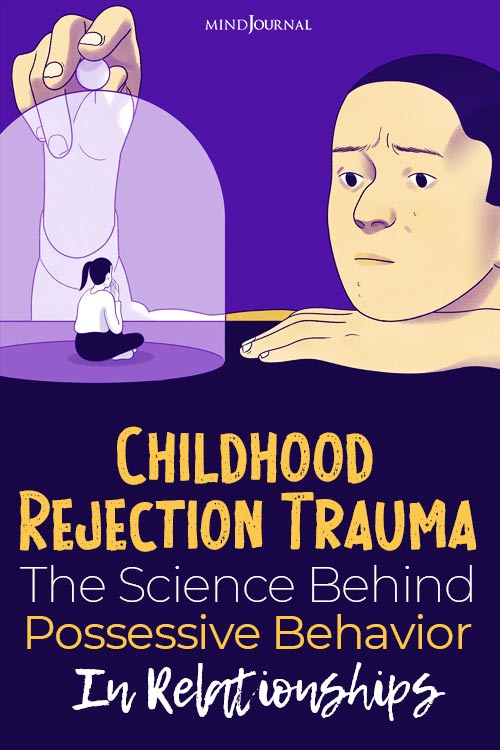
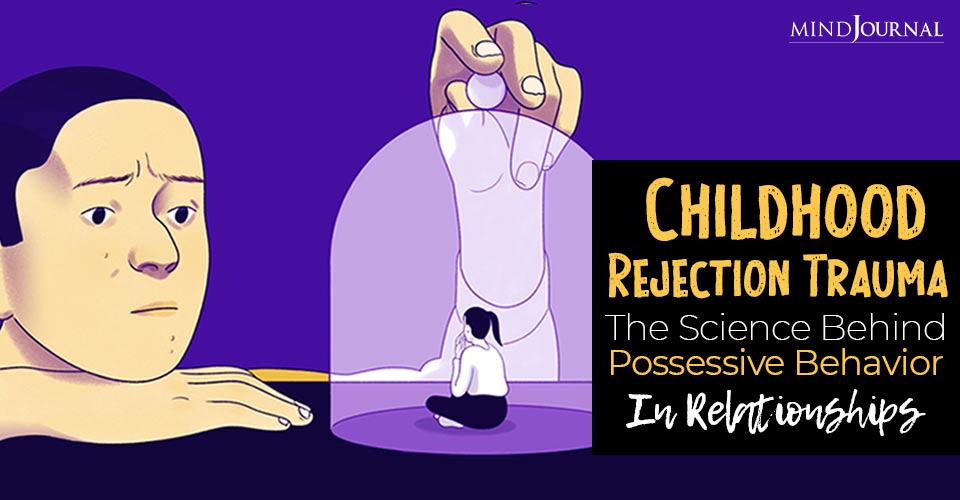





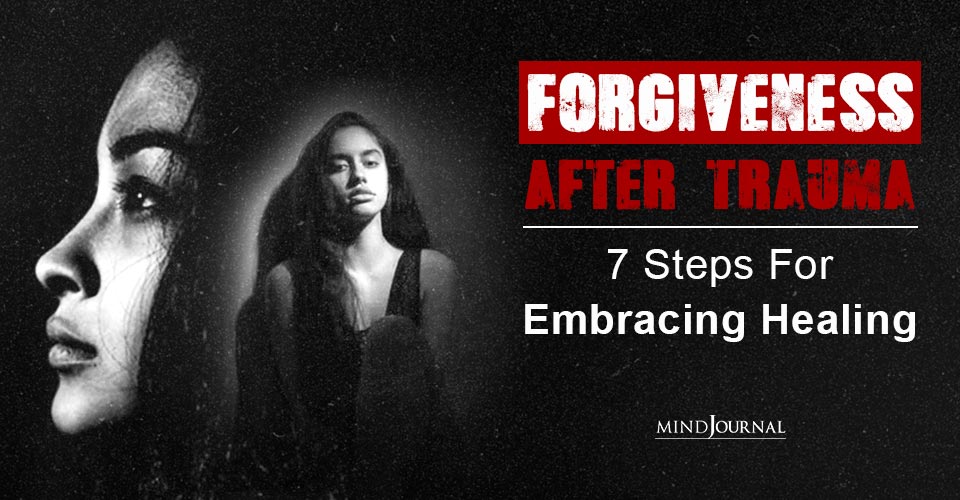

Leave a Reply
You must be logged in to post a comment.